 |
"98% fat" pork belly makes tourists angry. |
Geonip-dong Black Pork Street in Jeju Island, famous for its barbecue restaurants, was unusually quiet on June 3. Black pigs are a breed native to Korea distinguished by their black skin and fur.
Most restaurants, except those that only open at night, are open but with little or no customers. Some shopkeepers go out into the street to solicit customers.
At one restaurant, there was only a group of foreign tourists enjoying lunch, while domestic tourists rarely appeared on the streets, according to JoongAng .
The once bustling street is increasingly deserted, after an anonymous tourist posted a photo of "98% fat" pork belly at a local restaurant in late April. The overly fatty meat has sparked outrage among the public, who have long been frustrated with Jeju's overpriced food.
 |
Jeju is no longer an attractive destination for domestic tourists. |
A 43-year-old trader surnamed Yang said: "The street has suffered from Covid-19, but the number of tourists has dropped by more than half after the image of the fatty meat went viral online."
Restaurant owners in Jeju said the incident had a negative impact on domestic tourists, who make up 90% of visitors. After the pork belly incident, other tourists began posting about their bad experiences with overpriced food in Jeju.
One tourist said he paid 160,000 won ( $116 ) for galchi (fish dish), while another spent more than 100,000 won on drinks and desserts over four days. In response to the backlash, some mackerel restaurants have reduced the price of grilled fish from 12,000 won to 10,000 won. But that alone is not enough.
Korean social media has been flooded with posts claiming that trips to Japan or Southeast Asian countries are more cost-effective than traveling to Jeju, further complicating the issue.
According to the Jeju Tourism Association, as of June 2 this year, 5.01 million domestic tourists visited Jeju, down 7.8% from the same period last year. The total number of tourists reached 13.89 million in 2022 but fell to 13.37 million last year, down 3.7%.
Domestic tourists saw a larger drop of 8.3%, down to 12.66 million in 2023 from 13.80 million in 2022. As domestic tourists make up the majority of visitors to Jeju, the decline has greatly affected the revenue of local restaurants.
 |
Experts say Jeju needs to improve the quality and price of services if it wants to "save" its tourism industry. |
According to the Jeju Tourism Association, tourist spending in the first quarter, measured by credit card transactions, fell 12.7 percent to 541.59 billion won from the same period last year, or 620.56 billion won.
The number of domestic flights to Jeju International Airport also decreased by 530, or 2%, to a total of 25,579 flights, with 125,630 fewer available seats, down 2.5% from the same period last year. In contrast, international flights to Jeju and the number of available seats more than tripled over the same period, reaching 4,658 flights and 851,110 seats.
To cope with the decline in domestic tourists, Jeju Island will establish an emergency response committee to innovate the tourism sector. The committee, consisting of about 25 members, will include representatives from the tourism industry, officials from related organizations and a group of experts.
The committee will investigate the problem and develop solutions to revive the tourism industry. In addition, the Jeju Tourism Service Center will be established. The Jeju Tourism Organization and the Jeju Tourism Association will cooperate to provide tourism information and promptly resolve tourism-related complaints.
Experts say Jeju also needs to offer quality services at reasonable prices and improve its marketing strategy to arouse public interest.
Hong Seong-hwa, a professor of Tourism Management at Jeju National University, stressed the urgency of changing Jeju's negative image. "Together with tourism businesses, we need to step up innovative and unique 'Jeju marketing' to arouse people's curiosity to the point where they want to visit the island," said Professor Hong.
According to Znews
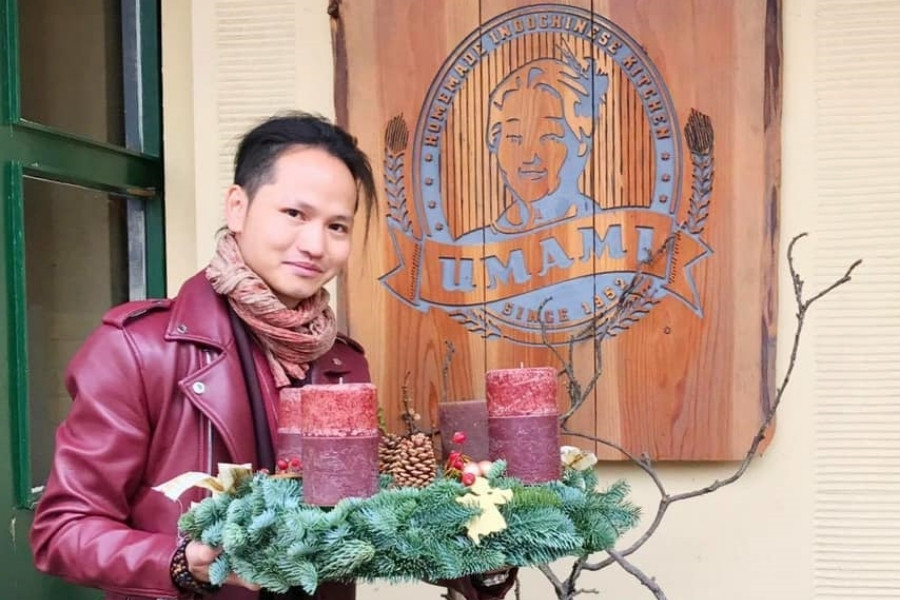
Source: https://vietnamnet.vn/jeju-dieu-dung-vi-mieng-thit-ba-roi-2290393.html


![[Photo] General Secretary To Lam and National Assembly Chairman Tran Thanh Man attend the 80th Anniversary of the Traditional Day of the Vietnamese Inspection Sector](https://vphoto.vietnam.vn/thumb/1200x675/vietnam/resource/IMAGE/2025/11/17/1763356362984_a2-bnd-7940-3561-jpg.webp)







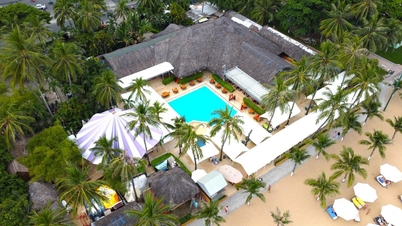





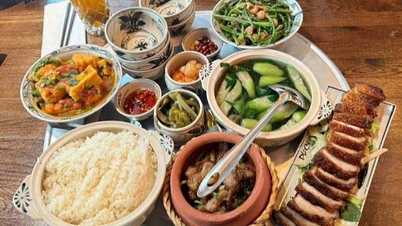

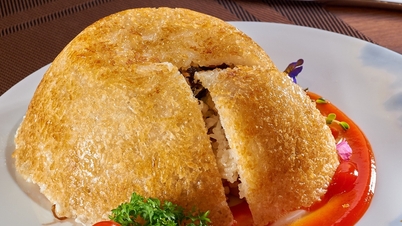


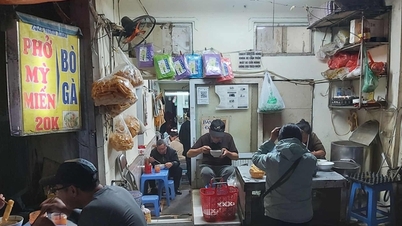













































































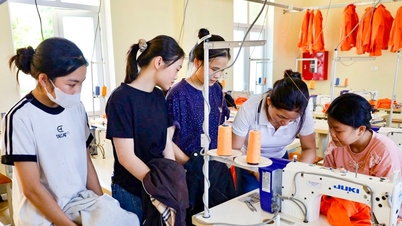















Comment (0)